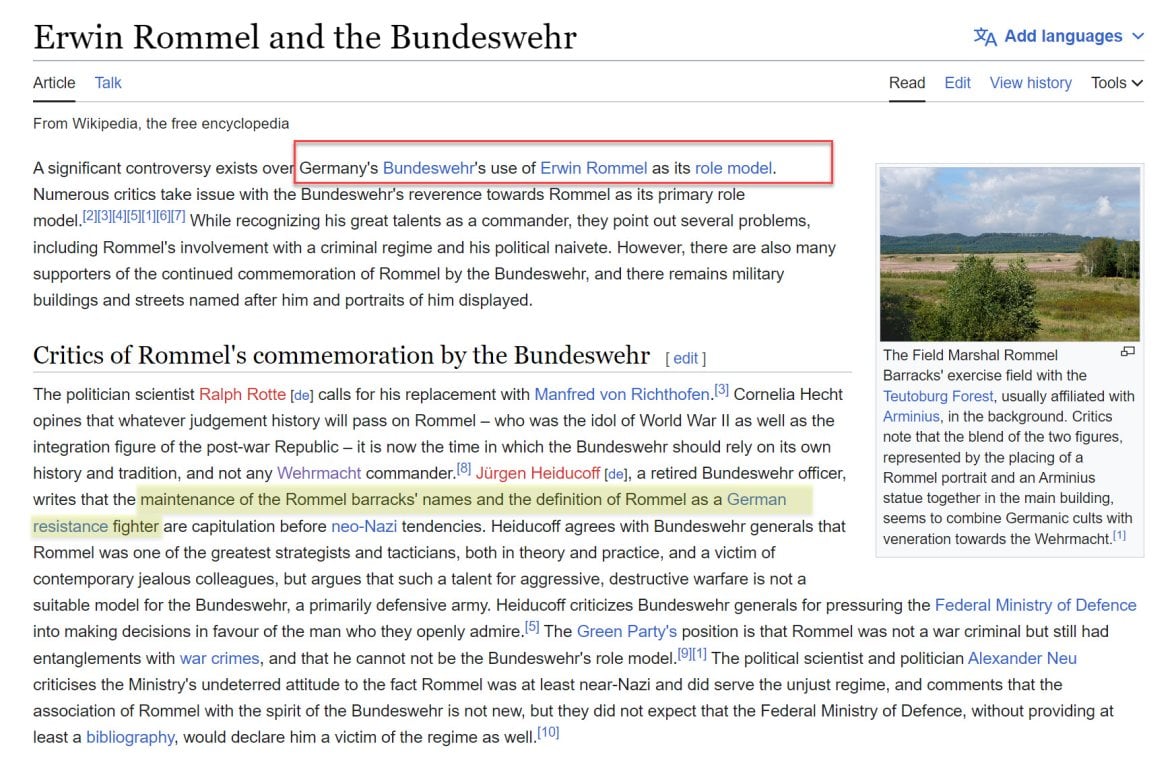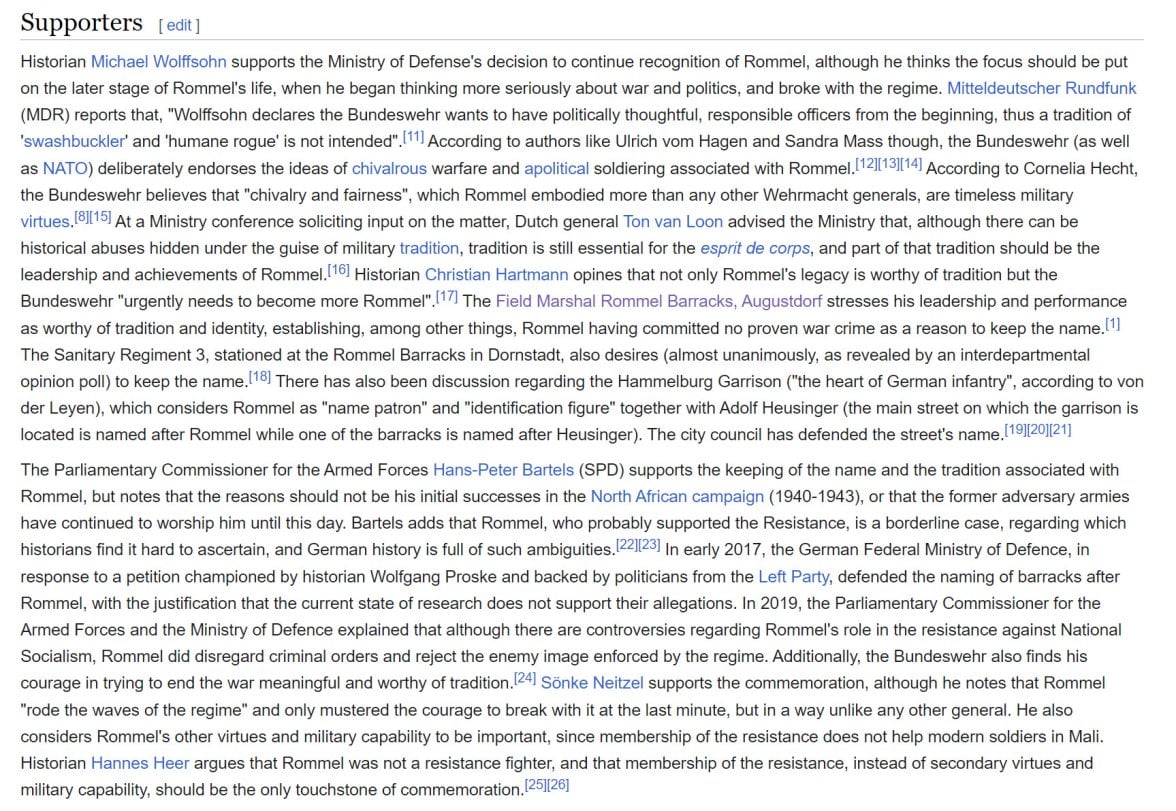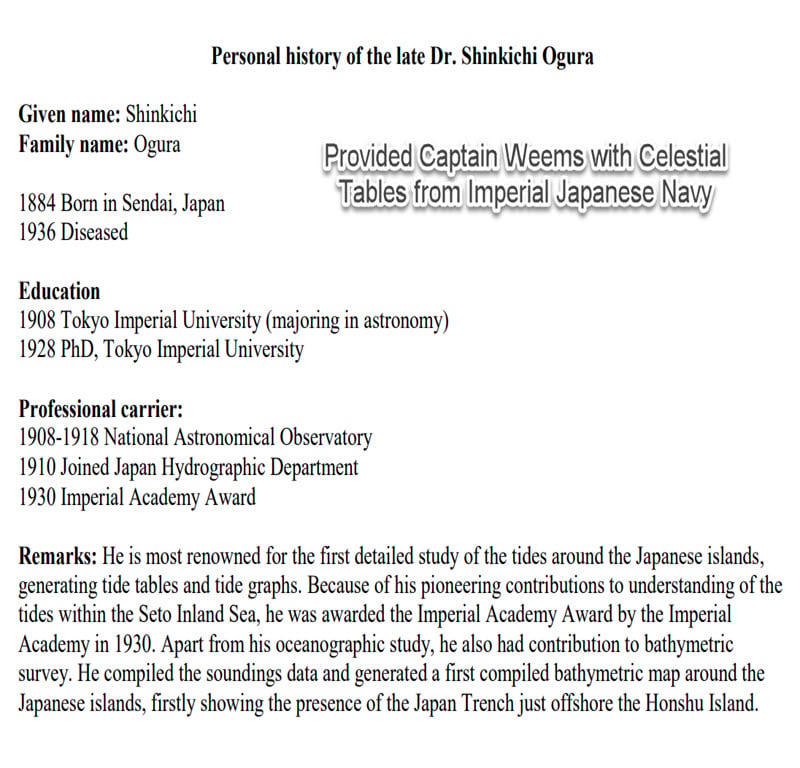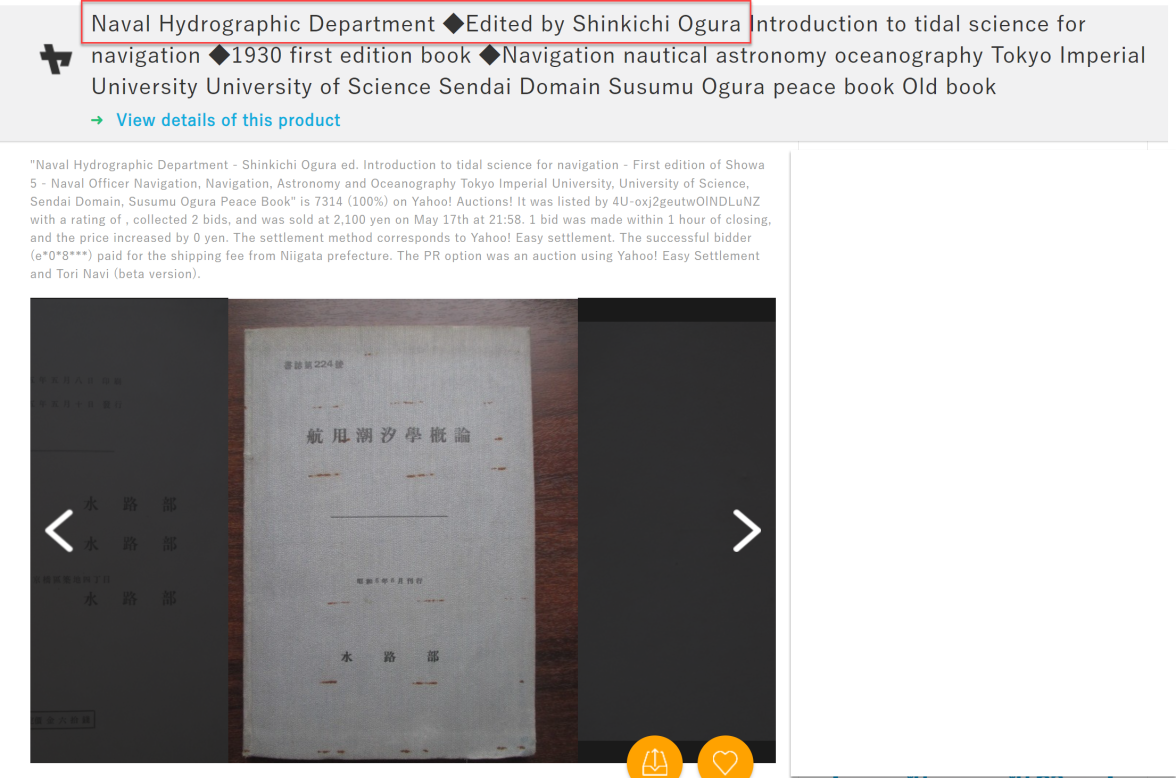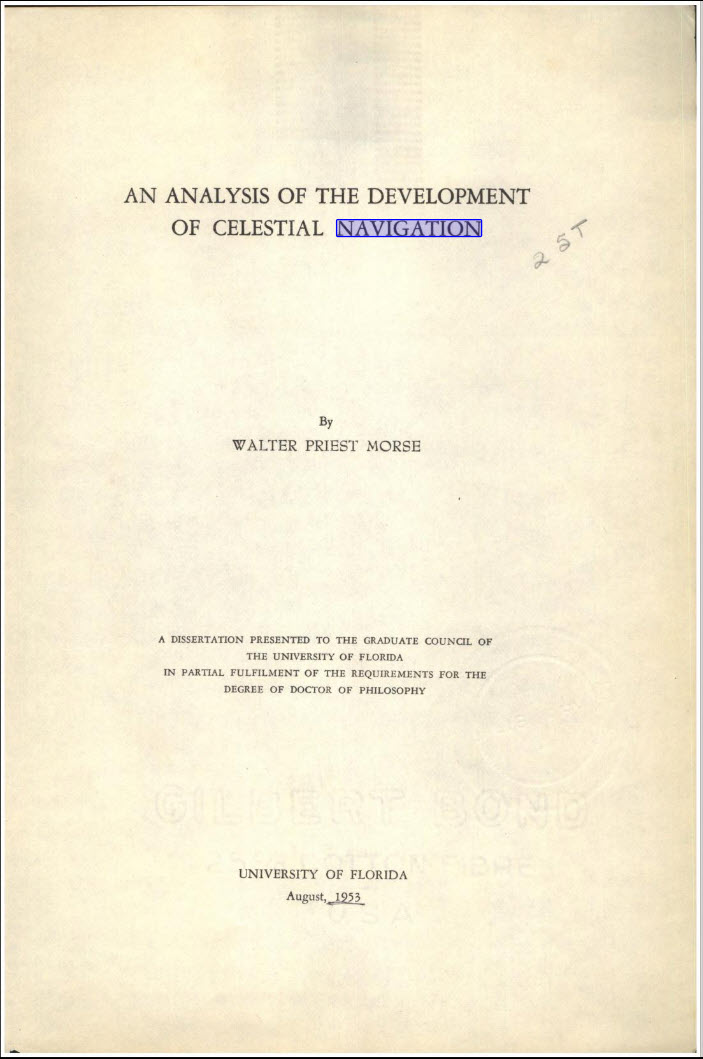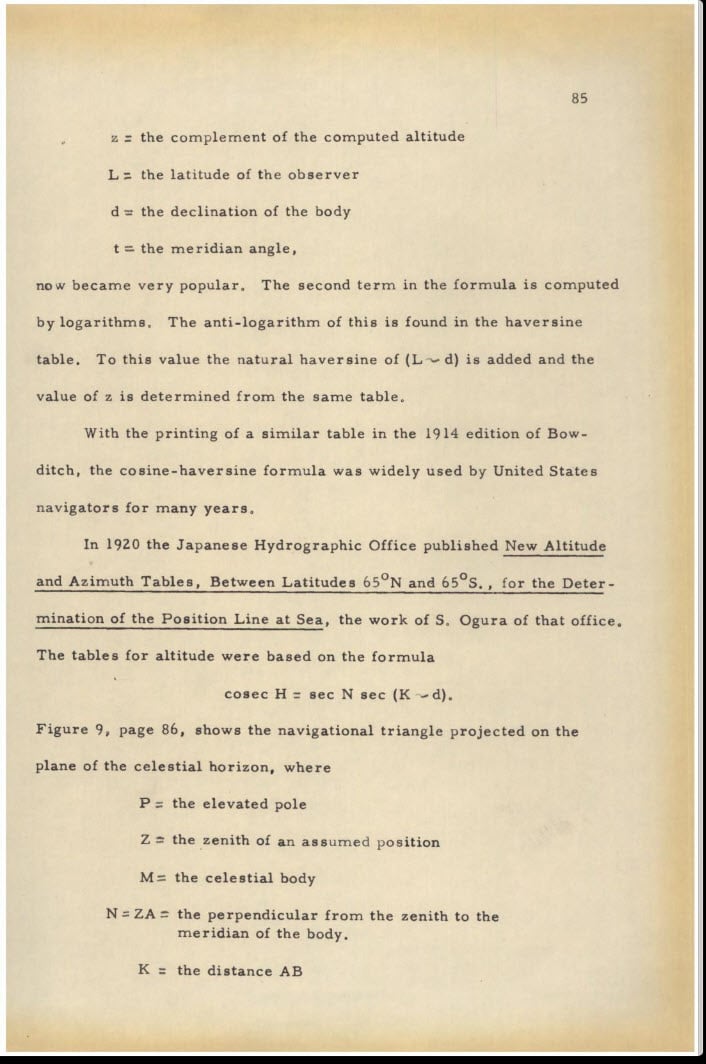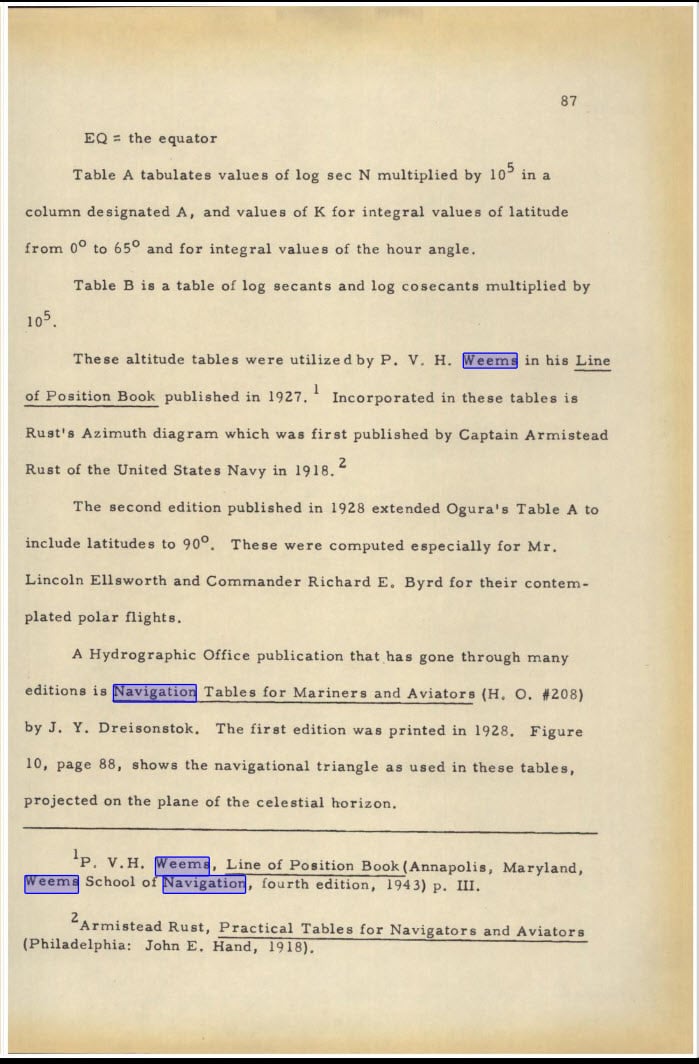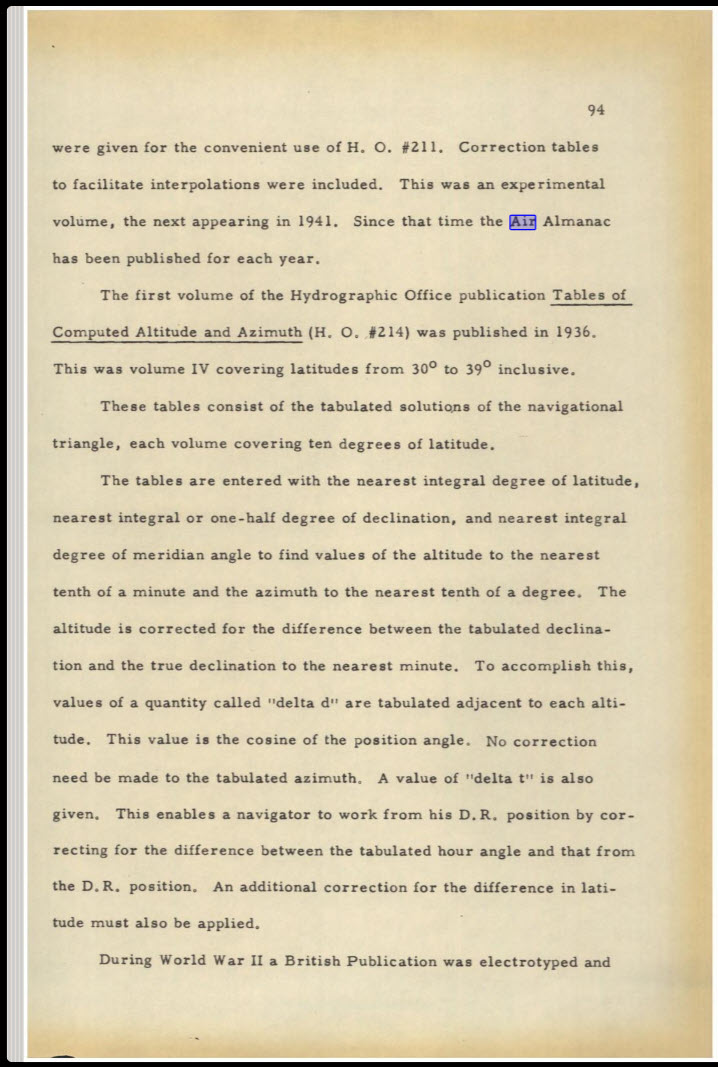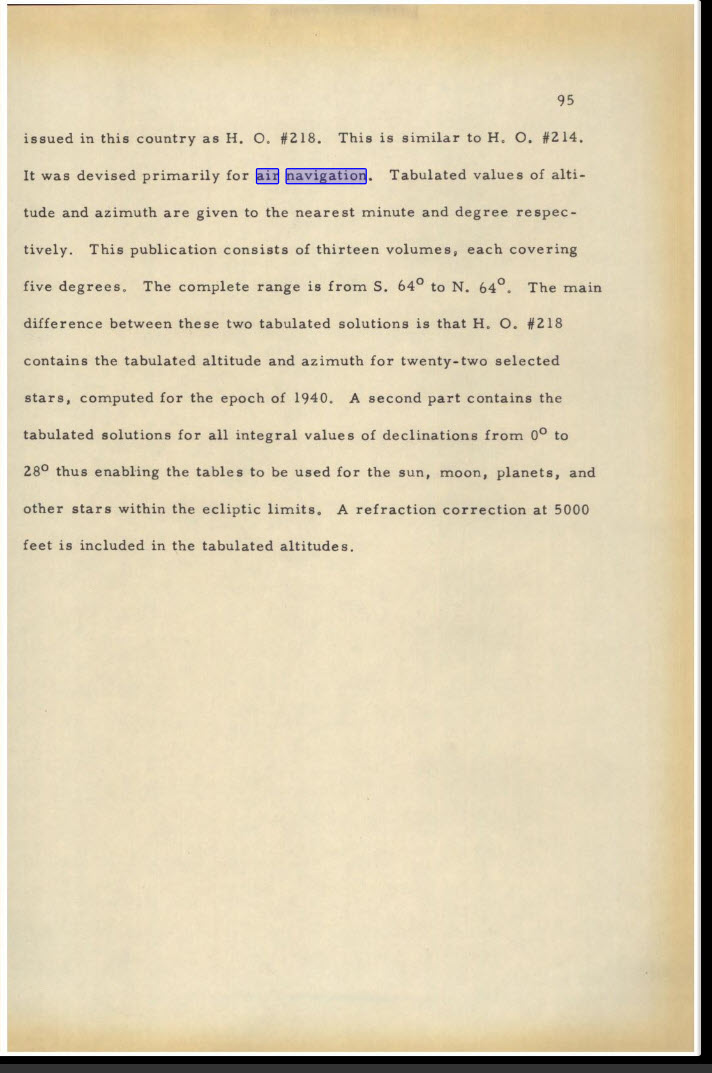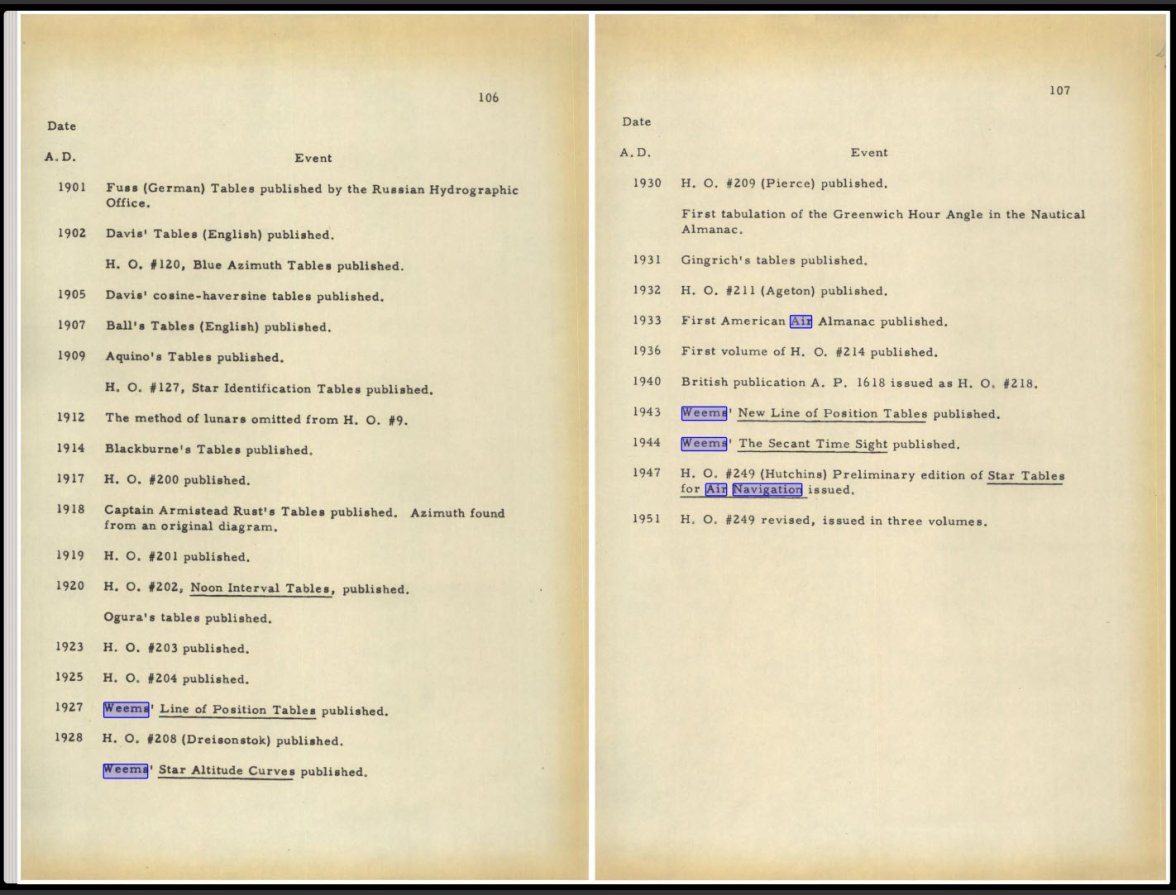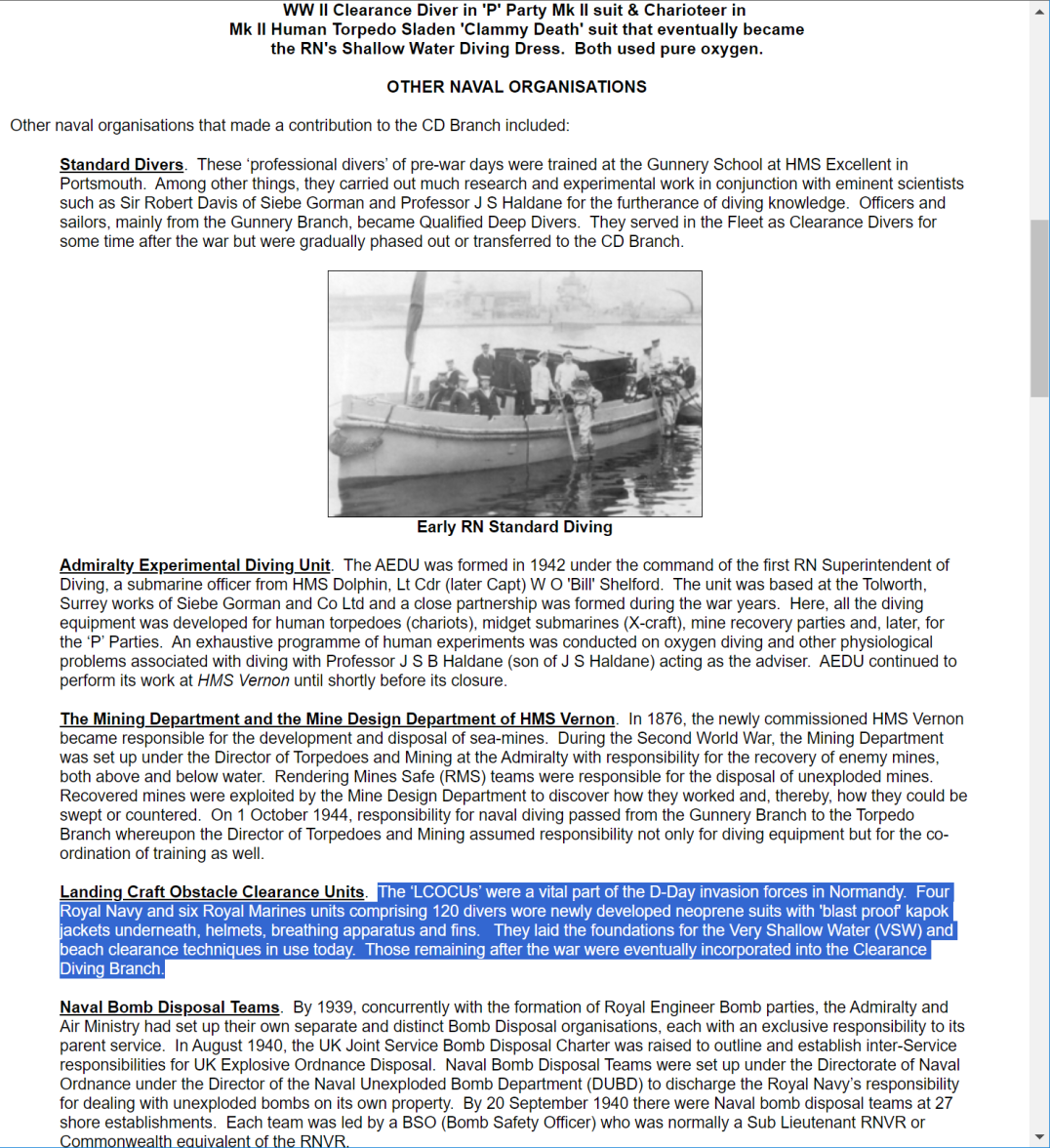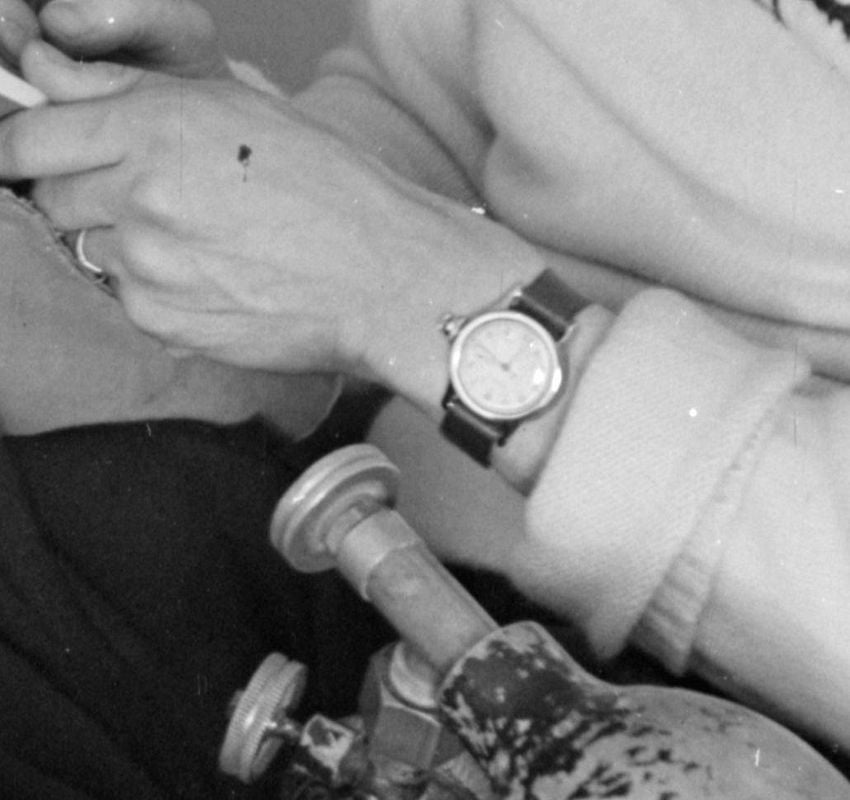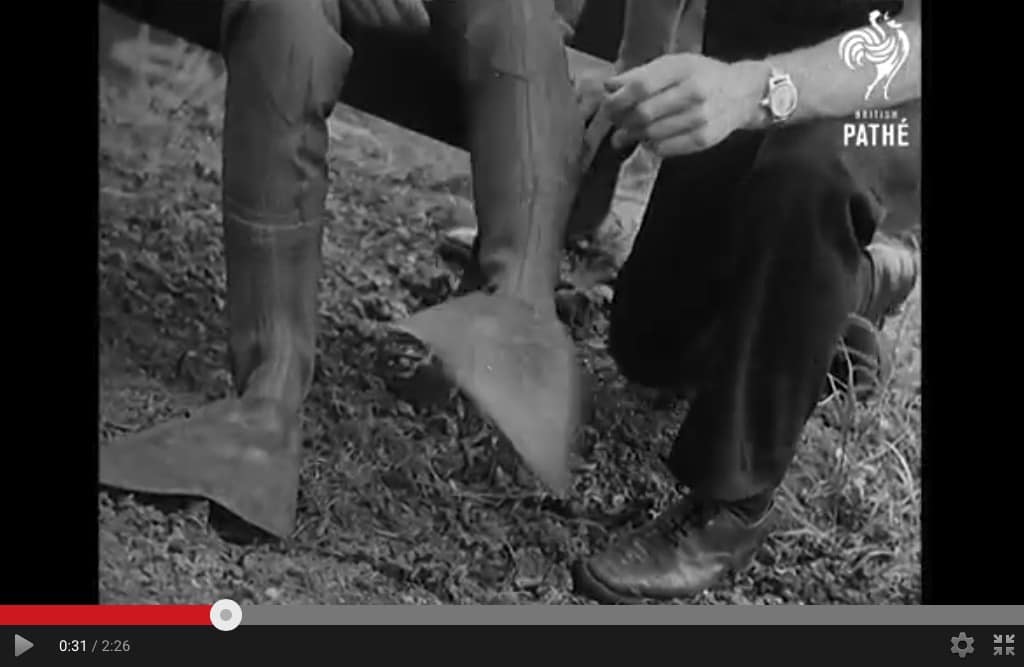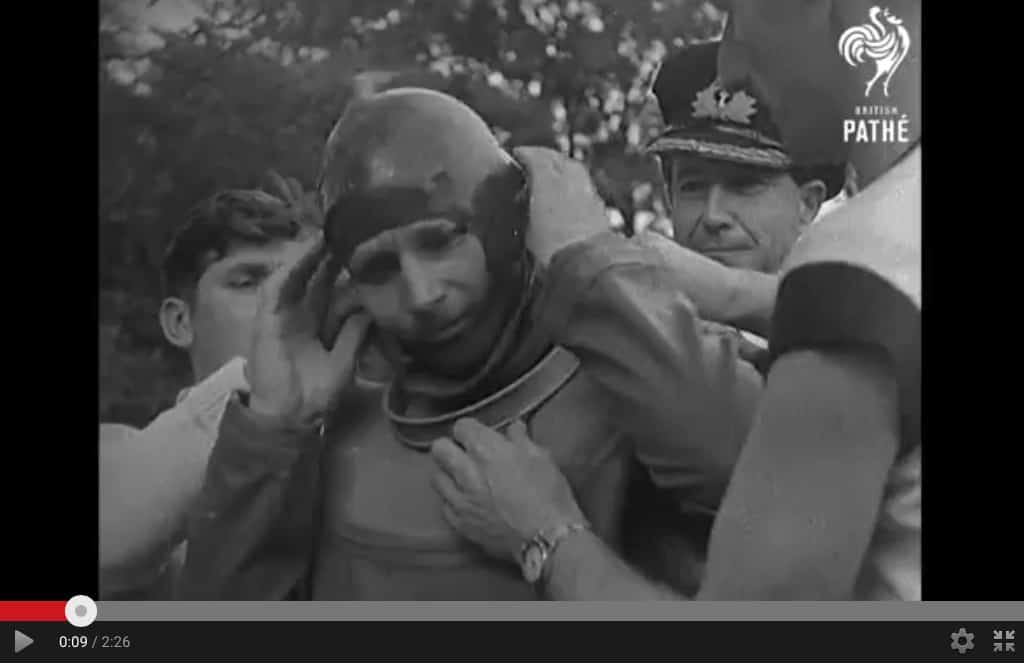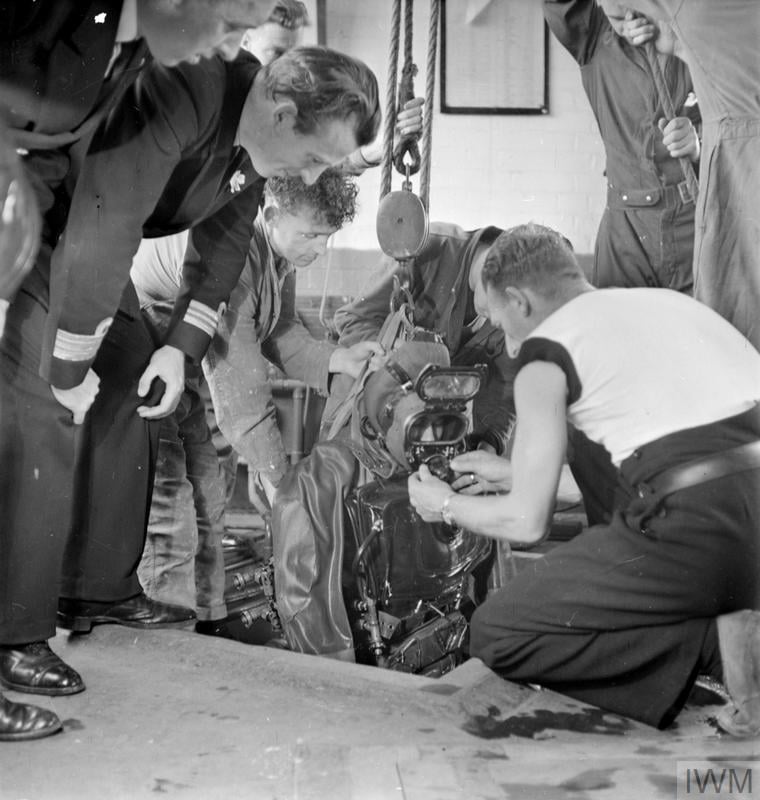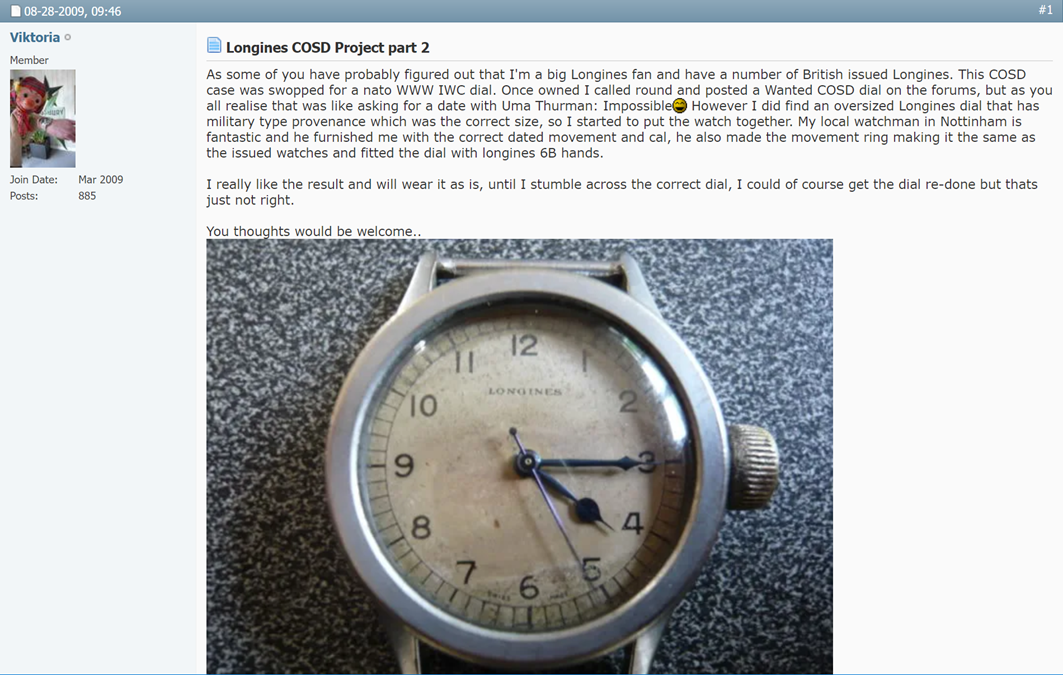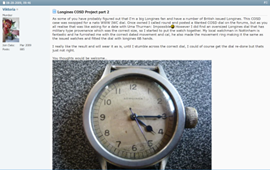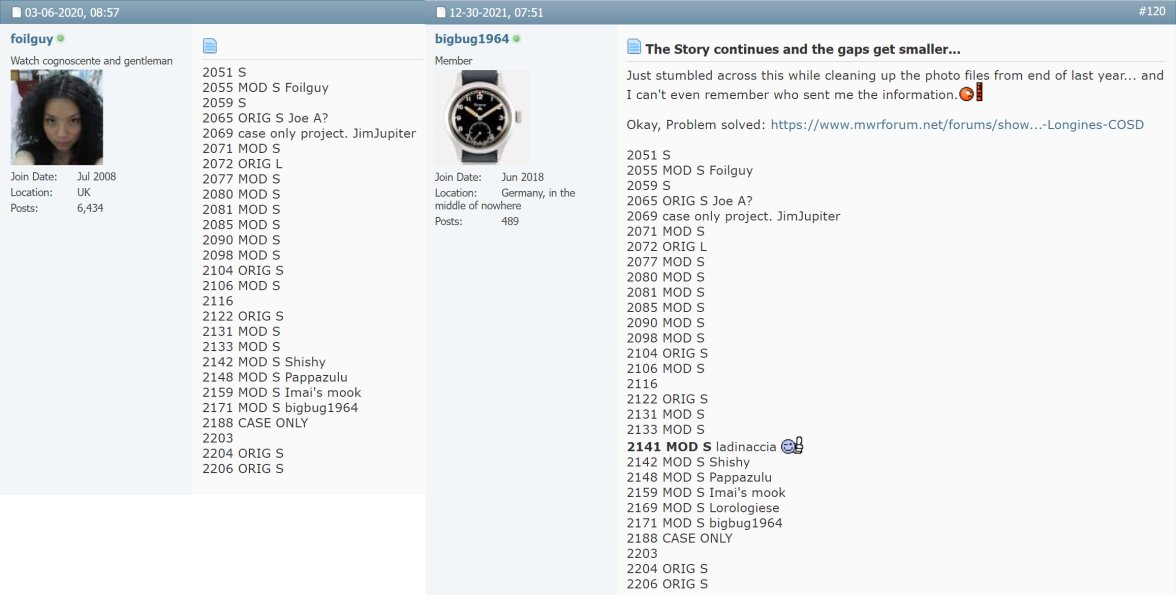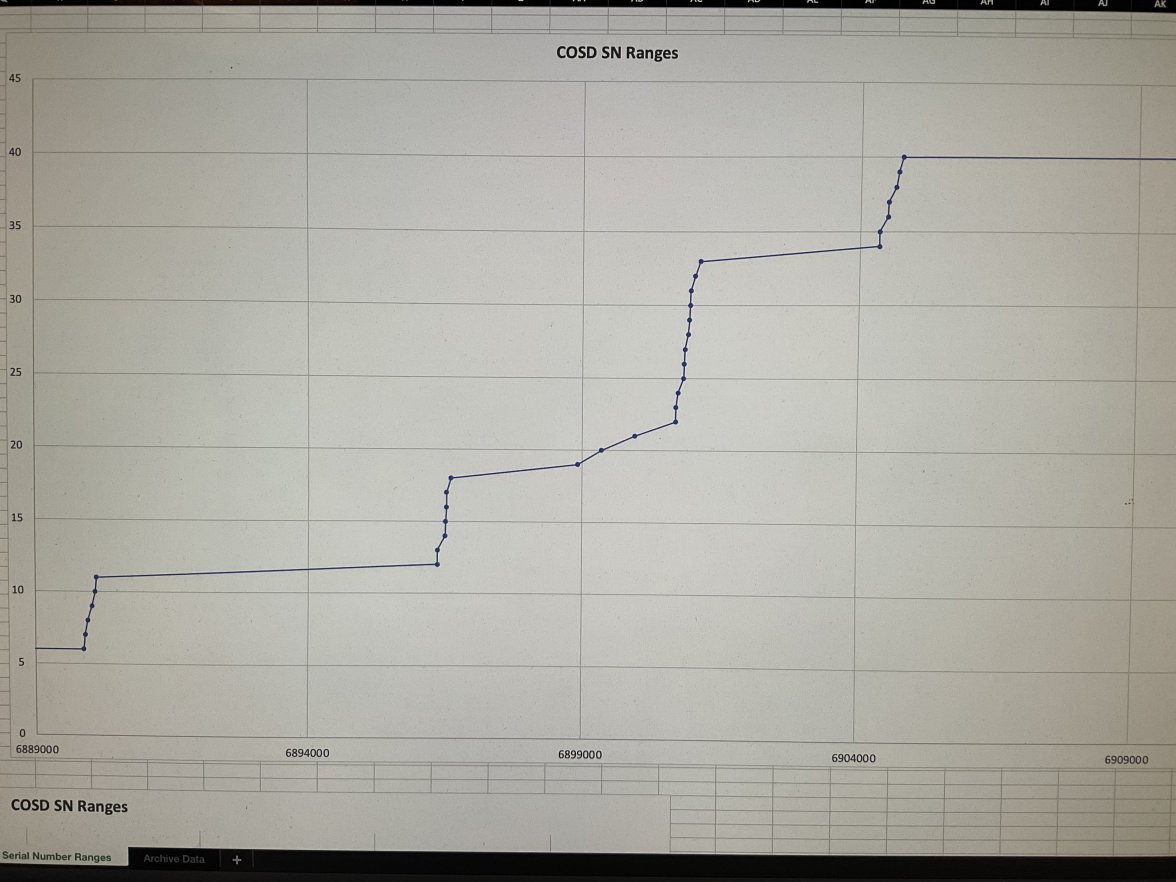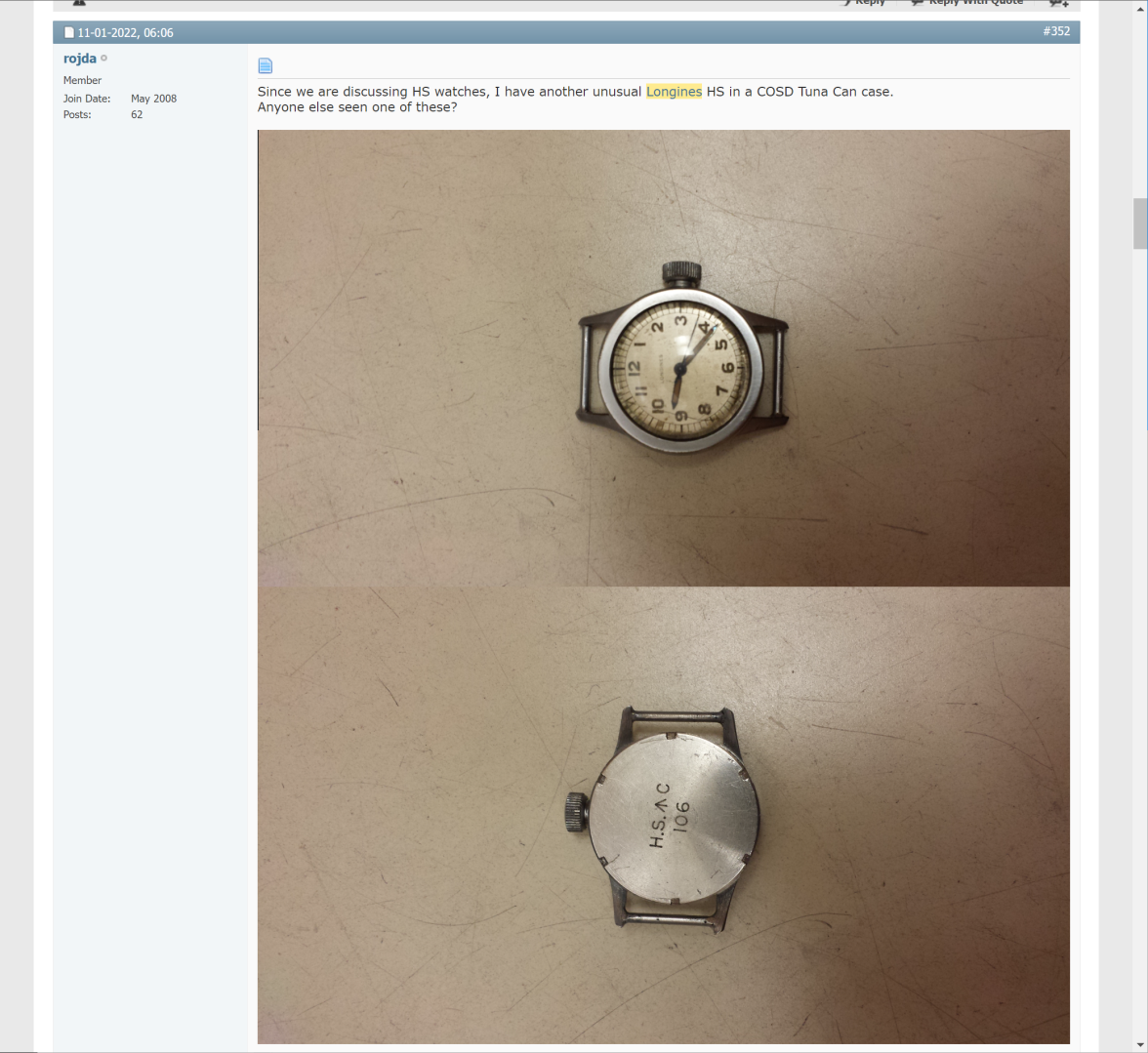Lépine
·
Seems the DAK was not known for it's persecution of Jewish or other races.
https://en.wikipedia.org/wiki/Afrika_Korps
The Afrika Korps gained a reputation by the Allies and by many historians as being magnanimous with Allied prisoners of war; since then many historians have used the term "War without hate" to describe the North African campaign as a whole.[9][page needed] However, Jewish people suffered during the fascist regime laws, and the local administration took part in the Holocaust deporting some thousands of Jews to Italy, under the supervision of Generalfeldmarschall Albert Kesselring, Wehrmacht commander of the Axis in the Mediterranean theater. Others suffered from forced labour and ill treatment at the hands of the Italian administration, including an Schutzstaffel and SD detachment. Robert Satloff described in his book Among the Righteous: Lost Stories from the Holocaust's Long Reach into Arab Lands that as the German and Italian forces retreated across Libya towards Tunisia, the Jewish population became victims upon which they released their anger and frustration. According to Satloff, Afrika Korps soldiers plundered Jewish property all along the Libyan coast. This violence and persecution only came to an end with the arrival of General Montgomery in Tripoli on 23 January 1943.[10] According to Maurice Remy, although there were antisemitic individuals in the Afrika Korps, actual cases of abuse are not known, even against the Jewish soldiers of the Eighth Army. Remy quotes Isaac Levy, the Senior Jewish Chaplain of the Eighth Army, as saying that he had never seen "any sign or hint that the soldiers [of the Afrika Korps] are antisemitic."[11]. The Telegraph comments: "Accounts suggest that it was not Field Marshal Erwin Rommel but the ruthless SS colonel Walter Rauff who stripped Tunisian Jews of their wealth."[12]
Giordana Terracina writes that: "On April 3, the Italians recaptured Benghazi and a few months later the Afrika Korps led by Rommel was sent to Libya and began the deportation of the Jews of Cyrenaica in the concentration camp of Giado and other smaller towns in Tripolitania. This measure was accompanied by shooting, also in Benghazi, of some Jews guilty of having welcomed the British troops, on their arrival, treating them as liberators."[13] Gershom states that Italian authorities were responsible for bringing Jews into their concentration camps, which were "not built to exterminate its inmates", yet as the water and food supply was meager, were not built to keep humans alive either. Also according to Gershom, the German consul in Tripoli knew about the process and trucks used to transport supply to Rommel were sometimes used to transport Jews, despite all problems the German forces were having.[14] The Jerusalem Post's review of Gershom Gorenberg's War of shadows writes that: "The Italians were far more brutal with civilians, including Libyan Jews, than Rommel’s Afrika Korps, which by all accounts abided by the laws of war. But nobody worried that the Italians who sent Jews to concentration camps in Libya, would invade British-held Egypt, let alone Mandatory Palestine."[15]
According to Maurice Roumani, "Libyan Jews noted that in daily matters, the Germans largely acted out of pragmatic economic interest rather than adopting the political and ideological practices known elsewhere. The German authorities found Libyan Jews well equipped with goods they needed for their military activities. The Jews complied with their demands, some out of fear and others out of strict economic interest. By the end of their time in Libya, this strategic economic arrangement led the Germans to perceive the Jews as similar to the native Muslims and they therefore regarded the Jews to be less threatening than their brethren in Europe."[16]
Edited:













